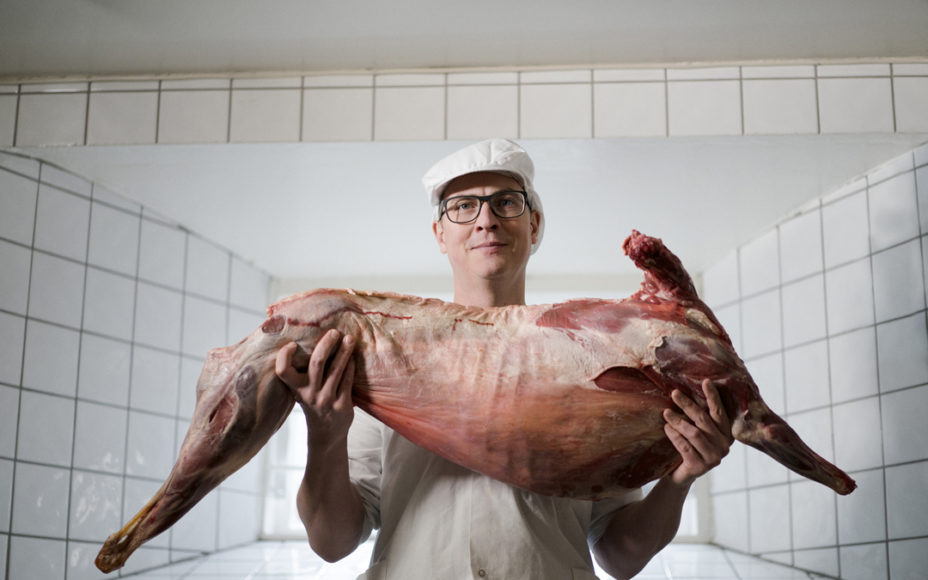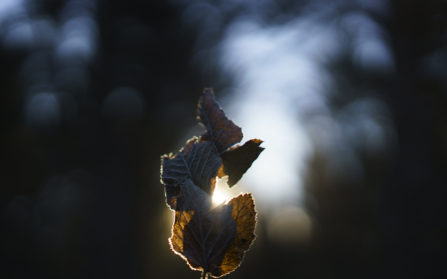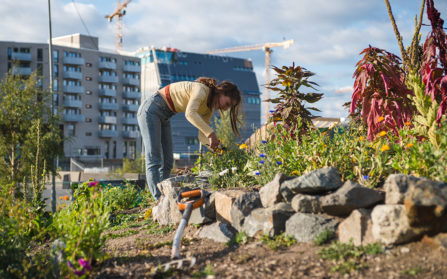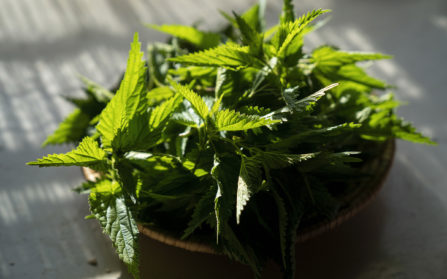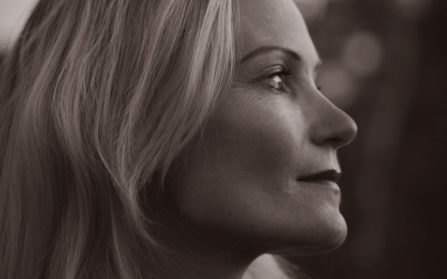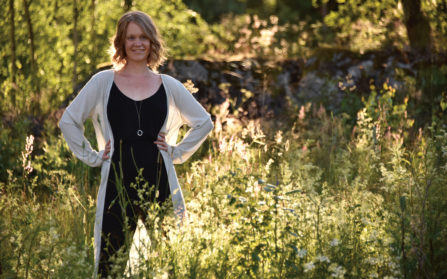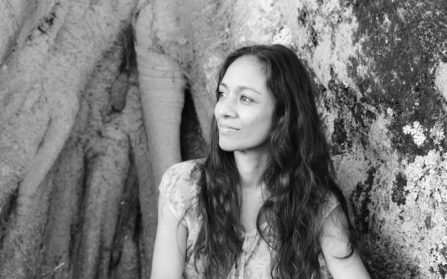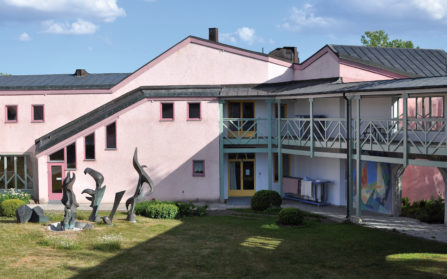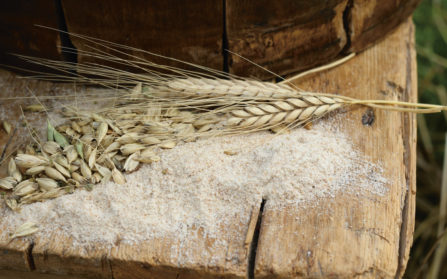Food Studio / hauste
Sheep are all right ("sauer er ålreite dyr"), our then Prime Minister Gro Harlem Brundtland said some years back. And they are. Sheep have a long tradition in Norway. They supply us with wool for our cold winters. They take care of our landscape. They can give us milk, and every year the adult females, the ewes, provide new lambs that we feast on when autumn arrives.
Can silence be a superpower? What is the potential of slowing it all down and diving into the practice of listening? Poet and researcher Olga Lehmann has studied what silence can do to us, our multi-layered health and everyday wellbeing.
Four years ago, on one dark, melancholic winter’s eve, I found myself lying on the couch watching Netflix. Sounds familiar, right? The problem was, for me at that time, it felt like the only thing I could master. Yes, I went to work. Yup, I did the dishes and the laundry. I prepared food, showered and walked my dog. But compared to what I used to be able to do and what I longed to do it felt like all I did was lay on the couch, barely processing what I was watching.
« Where you tend a rose my lad, a thistle cannot grow. » Francis Hodgson Burnett. To awaken your imagination, I’ll begin this piece with a brief recount of the story of ‘Mary Mary Quite Contrary’ in Burnett’s 1911 children’s classic The Secret Garden. The protagonist, Mary Lennox, is a sickly, ill-tempered young orphan who is sent to the Yorkshire countryside to live with her estranged uncle, Master Craven, a reclusive hunchback who is paralyzed by grief after the loss of his wife.
My love for wild plants as food and medicine started when I worked as a budeie, or a milk maid, at a sæter (summer pasture) in Hemsedal in the middle of the mountains. There I stayed in a small cabin without any electricity, water or toilet. I would wake up early in the mornings to milk the cows with the owner. We would make heavy cream and sour cream with a hand-powered milk separator and we would repeat the process after dinner.
« Can you hear the birds talk », Veronika said and took me by the hand. We paced up and down the corridor, our hands intertwined. At the end of the corridor we took a break and looked out the small window that smiled of autumn. I was hoping the iron bars could melt away in the smile, but the bars resisted there was not enough space for the birds to fly in through the window to our locked ward.
Siri Kalla is the first certified Fertility Awareness educator in Norway and founder of Our Fertility, a platform for sharing knowledge about holistic reproductive health and the female body. In this interview she tells us why the method of Fertility Awareness can help you gain profound knowledge about your body and self, and how creating an inner sustainable health directly relates to sustainability on a macro level.
According to Ayurveda — the world’s oldest, uninterrupted system of medicine — svastha is the healthy, living individual — one who is embodying svasthya. And according to the Charaka Samhita, one of Ayurveda’s foundational, extant compendiums, “An individual is the epitome of the universe, as all the material and spiritual phenomena of the universe are present in the individual, and all those present in the individual are also contained in the universe.
Try and ask any child to come along with you to a hospital. You’d probably find that most would dread it – the grey corridors, the sterile environment, the chemical smells, the absence of life. Hospitals are usually not a place you come to be invigorated, but, rather, a place to be avoided at all costs. So, let's then picture an ideal hospital ... a place dedicated to promoting life, beauty and health on all levels.
“Are you ready?” asks the artist, with a sculpture shaped like an animal head over her shoulders. “Yes. Let´s go, then”, replies the baker, carrying a backpack constructed from wood filled with seeds, sourdough bread and some naan. They are followed by four other “carriers of bread”, the artist group, Futurefarmers, and the baker, Emmanuel Rang. They start the walk from Losæter – an urban agricultural site in the middle of Oslo–to the peri-urban farm of Johan Swärd.
